Tadić: Serbia to enter EU in 2015
Tadić has announced that the DS will be more involved in a social dialogue and that he expects Serbia to enter the EU in 2015 or 2016.
Saturday, 02.10.2010.
16:38

Tadic has announced that the DS will be more involved in a social dialogue and that he expects Serbia to enter the EU in 2015 or 2016. “Next year is the year when promises given to citizens should be kept,” Democratic Party (DS) leader Boris Tadic said. Tadic: Serbia to enter EU in 2015 Tadic believes that Serbia will receive EU candidate status in 2011, that it would then begin its accession negotiations and that it will become a member of the EU in 2016 or 2016. According to him, poverty and lagging in technology are Serbia’s biggest challenges at the moment and DS must adapt its structure the situation. “I will suggest that DS strengthens itself when it comes to a social dialogue, to change its political focus toward the left, to achieve structural organic connection with the unions, that unions have their place in the DS, to decide about the future, to have their voting structure within the DS because without organic connection with the unions we cannot solve the lagging issue,” he stressed. The DS leader also pointed out the fact that 2011 was also a pre-election year and that the elections would be held in 2012, and called on DS members to become more involved. “I’m not sure that everybody in the DS is working with necessary intensity. If there have been some omissions so far, there won’t be any from now on. I have no intention of bearing responsibility for someone’s idleness,” he emphasized. Tadic has suggested the government to conduct rational policy which is directed toward defense of legitimate national interests which are not questioning the EU membership. He also stressed that Serbia could not join the EU if it created conflicts and said that it could not defend its national interest - defense of its territorial integrity and sovereignty, unless it cooperated with great powers and countries which had recognized Kosovo. “Belgrade, Pristina to negotiate as two parties, not states” The DS leader pointed out that his party, as a regional political factor, needed to help overcome national and internal social conflicts and guarantee that Serbia would not be a “a country of one issue – a Kosovo issue”, but a country that was on several levels active at the international scene. Tadic advocates that all open vital issues are discussed between Belgrade and Pristina on an expert level, so they could get political confirmation later. He said that he could not specify which vital issues would be negotiated because, as he said, the other side should be respected too. “Compromise is the strongest power, because a long-term solution to this historical issue could only be reached through a compromise,” the DS leader explained. He has stated that the negotiations will be led on an expert level, and not as official delegations in front of cameras “because those are not negotiations between two states, but negotiations between two parties”. “Belgrade-Pristina talks should be led with an expressed constraint but also optimism, with a plan but also with a goal to solve the historical conflict issue,” Tadic emphasized. The president also said that Belgrade wanted a “policy of a zero level of conflicts with the neighbors” and added that it would be a key point of political strategy in the future period. He has also announced a wide international action that will seek support for Serbia’s policy which does not accept the independence of Kosovo.
Tadić: Serbia to enter EU in 2015
Tadić believes that Serbia will receive EU candidate status in 2011, that it would then begin its accession negotiations and that it will become a member of the EU in 2016 or 2016.According to him, poverty and lagging in technology are Serbia’s biggest challenges at the moment and DS must adapt its structure the situation.
“I will suggest that DS strengthens itself when it comes to a social dialogue, to change its political focus toward the left, to achieve structural organic connection with the unions, that unions have their place in the DS, to decide about the future, to have their voting structure within the DS because without organic connection with the unions we cannot solve the lagging issue,” he stressed.
The DS leader also pointed out the fact that 2011 was also a pre-election year and that the elections would be held in 2012, and called on DS members to become more involved.
“I’m not sure that everybody in the DS is working with necessary intensity. If there have been some omissions so far, there won’t be any from now on. I have no intention of bearing responsibility for someone’s idleness,” he emphasized.
Tadić has suggested the government to conduct rational policy which is directed toward defense of legitimate national interests which are not questioning the EU membership.
He also stressed that Serbia could not join the EU if it created conflicts and said that it could not defend its national interest - defense of its territorial integrity and sovereignty, unless it cooperated with great powers and countries which had recognized Kosovo.
“Belgrade, Priština to negotiate as two parties, not states”
The DS leader pointed out that his party, as a regional political factor, needed to help overcome national and internal social conflicts and guarantee that Serbia would not be a “a country of one issue – a Kosovo issue”, but a country that was on several levels active at the international scene.Tadić advocates that all open vital issues are discussed between Belgrade and Priština on an expert level, so they could get political confirmation later.
He said that he could not specify which vital issues would be negotiated because, as he said, the other side should be respected too.
“Compromise is the strongest power, because a long-term solution to this historical issue could only be reached through a compromise,” the DS leader explained.
He has stated that the negotiations will be led on an expert level, and not as official delegations in front of cameras “because those are not negotiations between two states, but negotiations between two parties”.
“Belgrade-Priština talks should be led with an expressed constraint but also optimism, with a plan but also with a goal to solve the historical conflict issue,” Tadić emphasized.
The president also said that Belgrade wanted a “policy of a zero level of conflicts with the neighbors” and added that it would be a key point of political strategy in the future period.
He has also announced a wide international action that will seek support for Serbia’s policy which does not accept the independence of Kosovo.
















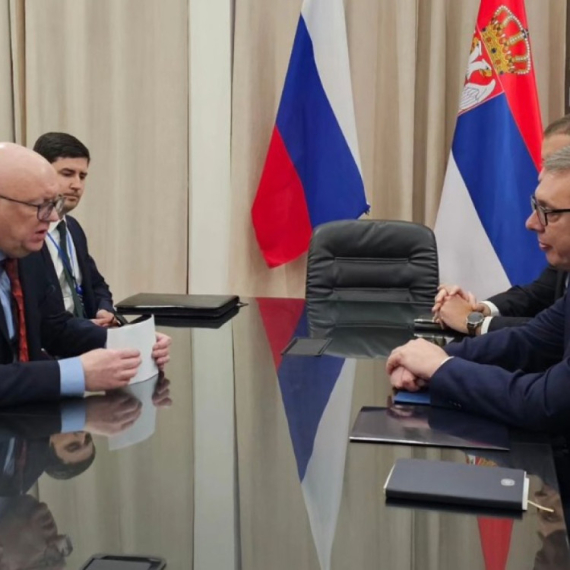
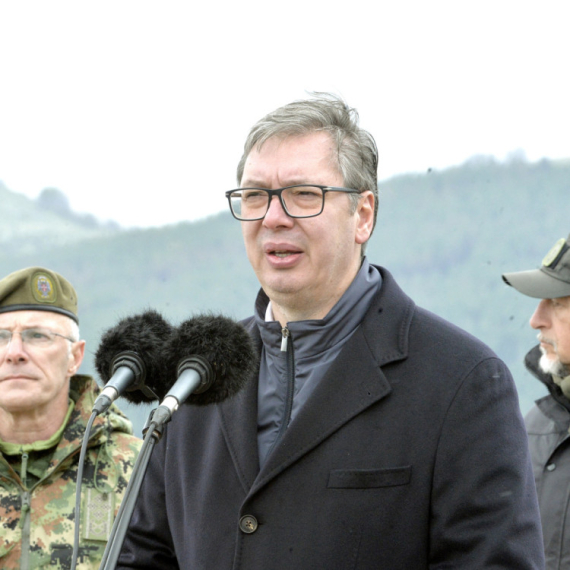















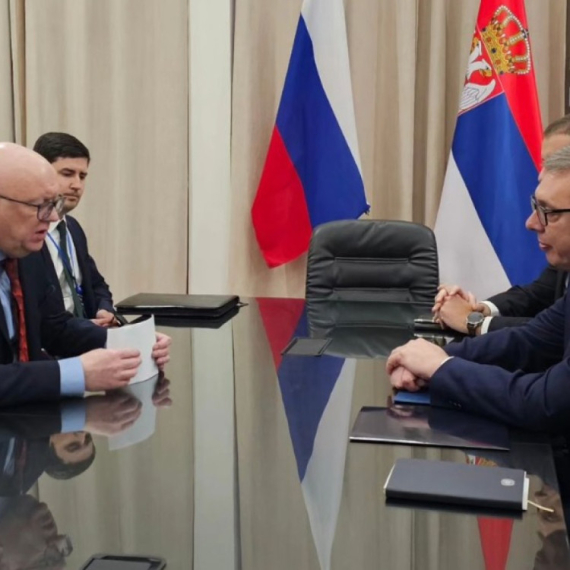



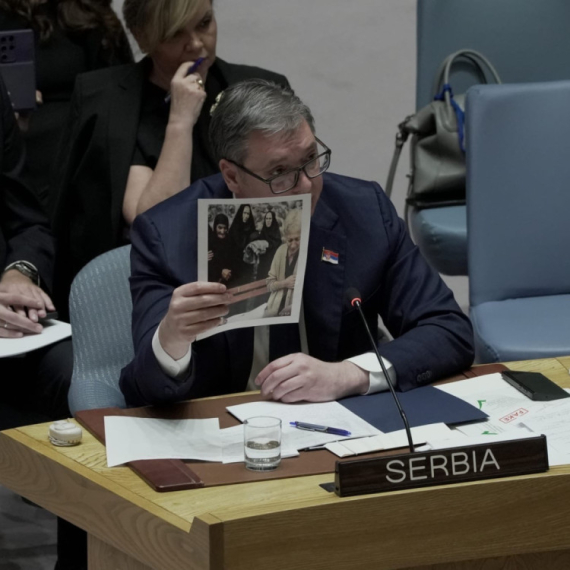











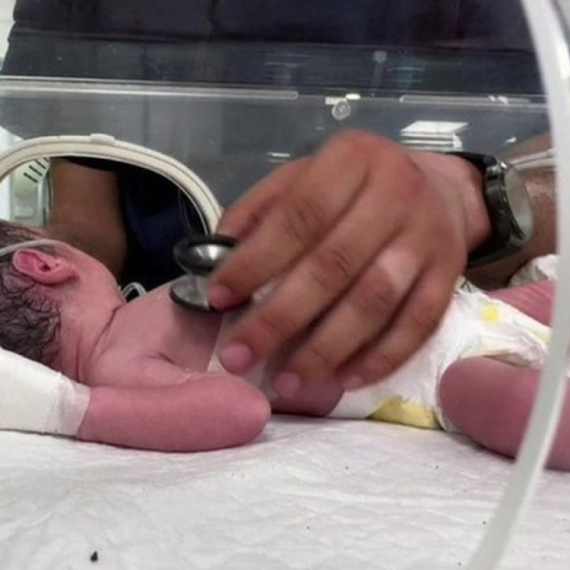

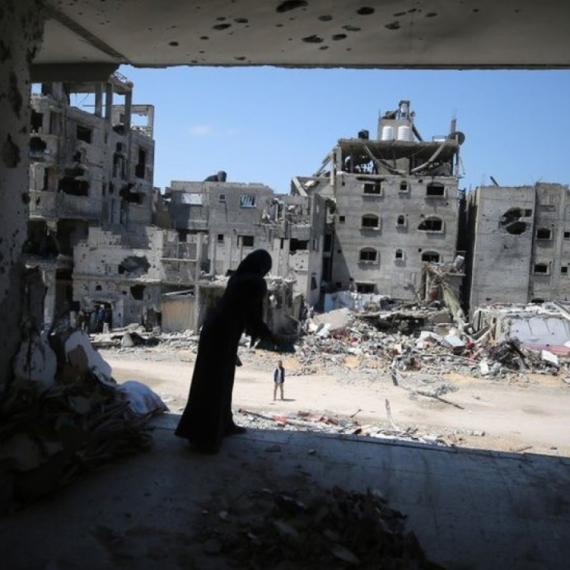
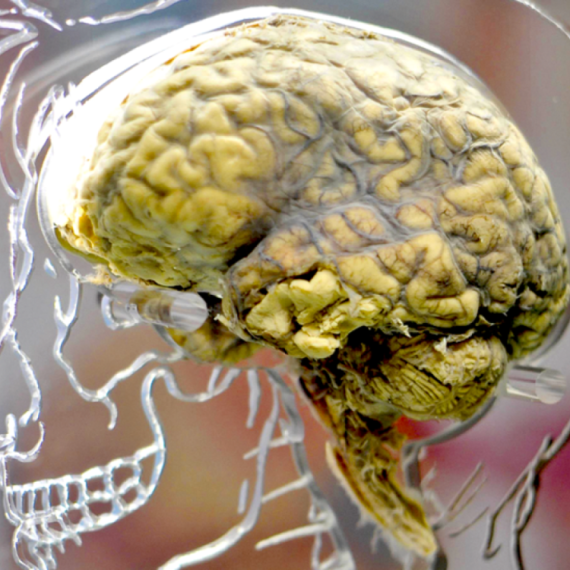

Komentari 16
Pogledaj komentare